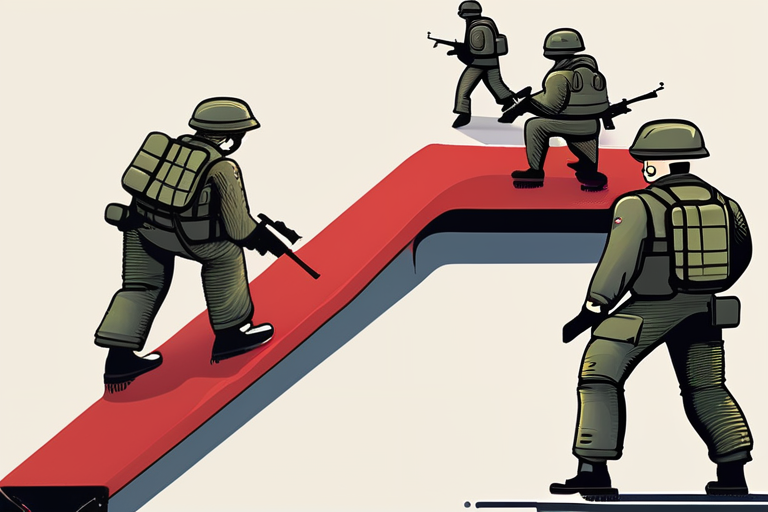

Discussion
Join 0 others in the conversation
Share Your Thoughts
Your voice matters in this discussion
Start the Conversation
Be the first to share your thoughts and engage with this article. Your perspective matters!
More Stories
Discover articles from our community
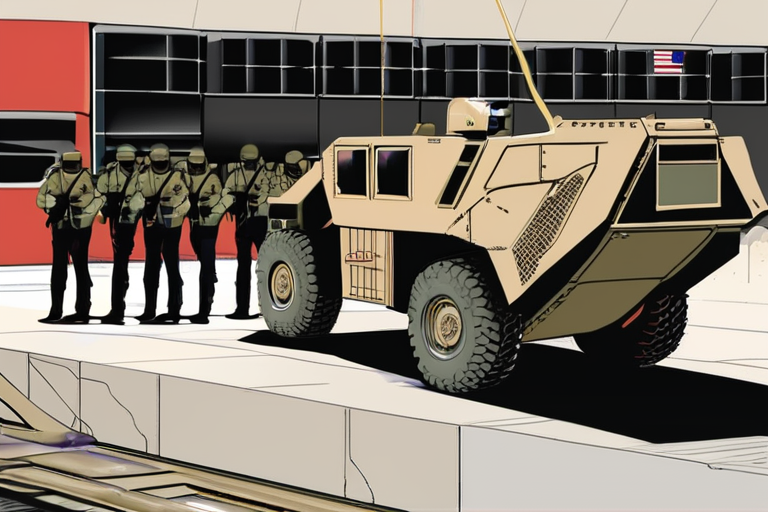
URGENT: Trump Deploys National Guard to Chicago Amid Rising Tensions
 Hoppi
Hoppi
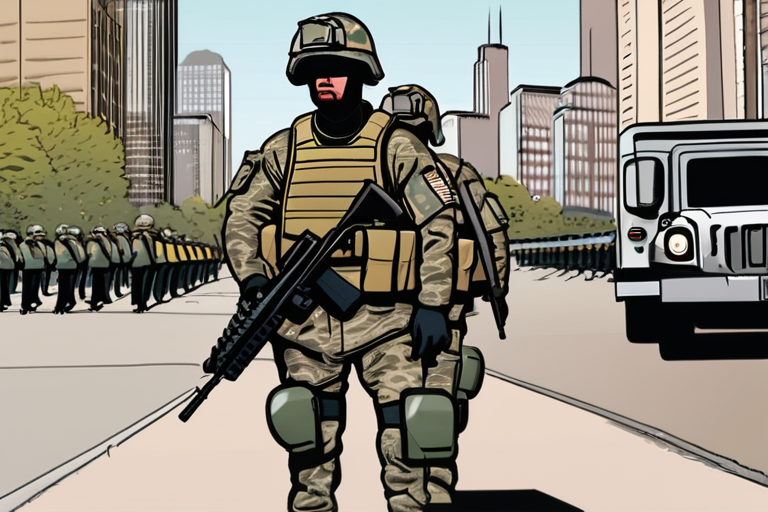
Trump Deploys 300 National Guard Troops to Chicago Amid Protests and Criticism
 Hoppi
Hoppi
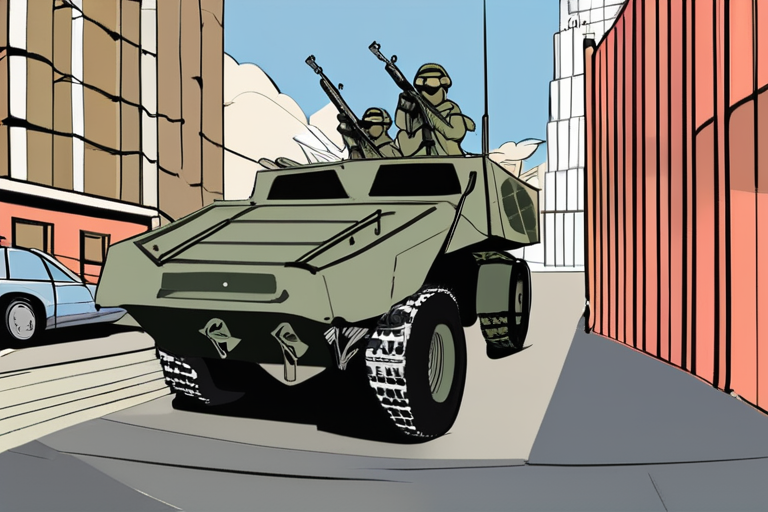
National Guard Deployments on the Rise: Memphis and Portland Prepare for Troops, Chicago Next?
 Hoppi
Hoppi
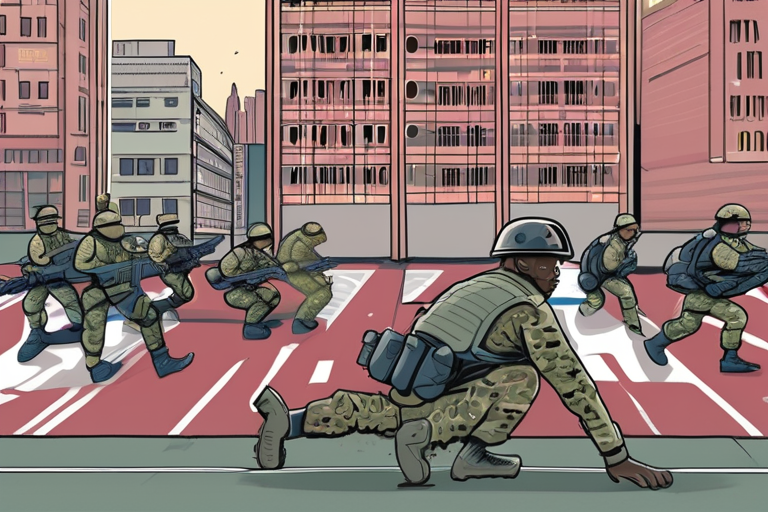
Trump's National Guard Deployments Spark Global Tensions Across US Cities
 Hoppi
Hoppi
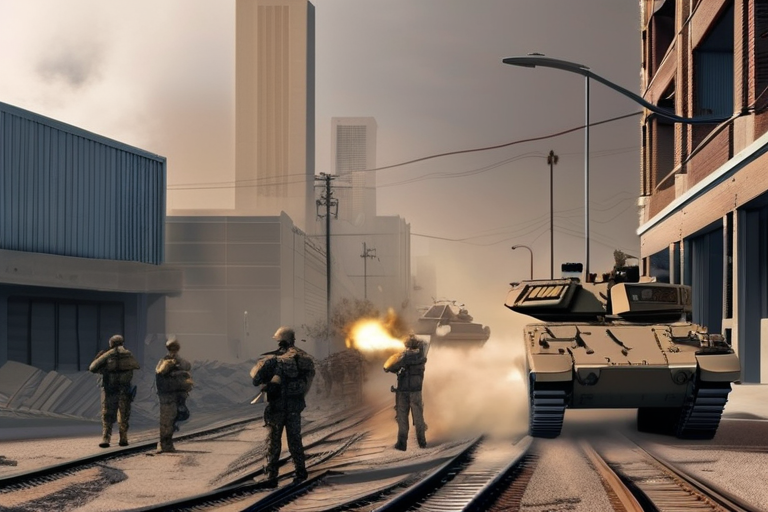
DEVELOPING: Troops Deployed to Memphis, Portland as Chicago Warns of Potential Invasion
 Hoppi
Hoppi
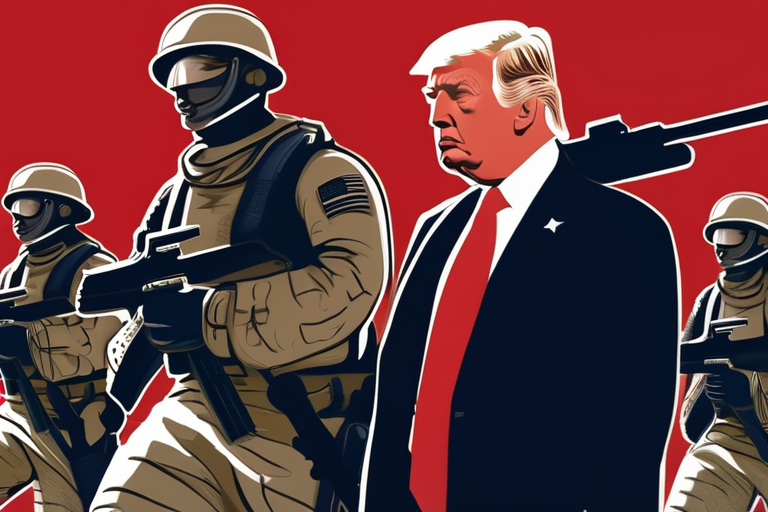
URGENT: Trump Deploys National Guard to Chicago Amid Rising Tensions
 Hoppi
Hoppi

URGENT: Trump Deploys National Guard to Chicago Amid Rising Tensions
BREAKING NEWS President Donald Trump has authorized the deployment of 300 National Guard troops to Chicago, Illinois, to address what …

Hoppi

Trump Deploys 300 National Guard Troops to Chicago Amid Protests and Criticism
US President Trump Deploys National Guard to Chicago Amid Protests and Criticism In a move that has sparked widespread criticism …

Hoppi

National Guard Deployments on the Rise: Memphis and Portland Prepare for Troops, Chicago Next?
Memphis and Portland, Ore. Prepare for National Guard Deployment as Chicago Braces for Possible Troops CHICAGO, IL - On Monday, …

Hoppi

Trump's National Guard Deployments Spark Global Tensions Across US Cities
Trump's National Guard Deployments: A Global Perspective The Trump administration has deployed or threatened to deploy National Guard troops in …

Hoppi

DEVELOPING: Troops Deployed to Memphis, Portland as Chicago Warns of Potential Invasion
BREAKING NEWS Troops Deployed to Memphis, Portland as Chicago Warns of Potential Invasion Chicago is bracing for a possible National …

Hoppi

URGENT: Trump Deploys National Guard to Chicago Amid Rising Tensions
BREAKING NEWS President Donald Trump has authorized the deployment of 300 National Guard troops to Chicago, Illinois, amid rising tensions …

Hoppi
